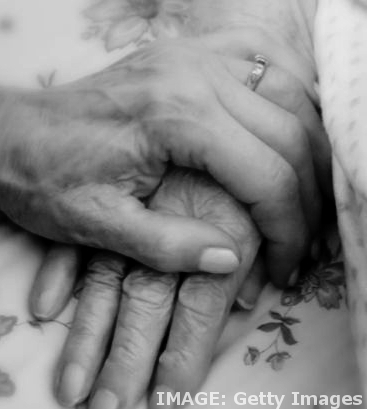Experts concerned over aged changes
 The uncoupling of healthcare from aged care could have worrying results, experts say.
The uncoupling of healthcare from aged care could have worrying results, experts say.
The ongoing trend “does not serve the rights of older people in residential care to equitable access to health care”, according to Professor Joseph Ibrahim, head of the Health Law and Ageing Unit at Monash University, writing an editorial for the Medical Journal of Australia.
He says that as residential aged care facilities (RACFs) move away from a “medically dominated model of care provision”, acute care hospitals and state health departments are doing the opposite.
“[They] consider RACFs as a quasi-acute health care facility, evident by the implementation of In-Reach services and other efforts to divert presentation of residents to emergency departments,” Professor Ibrahim writes.
Modern care of older people requires better gathering and use of data, more robust governance structures, and innovative models of care, he said.
“Annual, national data for evaluating the clinical management of frail older adults with chronic disease in RACFs is limited,” Prof Ibrahim said.
“The major danger [for the Royal Commission into Aged Care Quality and Safety] is failing to address gaps because of the absence of empirical data.
He says the extent of known poor clinical care includes:
- overprescribing of antipsychotics
- prevalence and severity of chronic respiratory conditions are underappreciated and undertreated
- poor diabetes management
- poor oral care
- sexual assault
- serious injuries and preventable deaths from falls, choking, suicide, and resident assault
“The Royal Commission needs to take a transformative approach that includes tightly coupling RACFs to health care,” Prof Ibrahim wrote.
“Addressing the egregious human rights breaches and developing strategies to reduce and eliminate harm from abuse, mistreatment and neglect are crucial.
“Optimal health care is an essential requirement for maintaining and improving the lives of older people and this should be one of the core roles of RACFs,” he concluded.
“This requires the medical profession to establish new standards, identifying and bridging gaps in empirical knowledge, using performance data and advocating for the structural solutions that support promoting the use of evidence-based practice at the point of care.”







 Print
Print